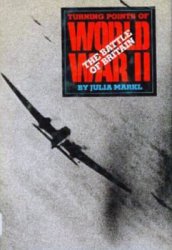The more the universe seems comprehensible, the more it also seems pointless.
—Steven Weinberg, The First Three Minutes
HOUGH THE YEAR is the longest time-reckoning cycle in the formal calendar, the one on a wall or desk that you consult on a regular basis, we have nevertheless fashioned even bigger bundles of time, to tie events of the relatively remote past to those of more immediate recollection. Large time units like century, era, and epoch lead one to wonder how events separated by such physically insensible intervals can be thought to have any meaningful relation to one another.
As I shall discuss in part III, the Western tendency to reckon time in huge parcels is hardly unique. Some of the philosophical repercussions of the West's approach are, however, unusual. The idea that time comprises a linear succession of events that are related through cause and effect has replaced the earlier associative way of conceiving time, where rituals are acts performed or festivals celebrated in response to cyclic phenomena in nature, such as certain phases of the moon or the solstices.
In discussing the macroscopic makeup of time, I shall confront the problem of how we in the West have chosen to conceive of the idea of history, and the post-Renaissance discoveries of the vast time scales of the universe made by the sciences of geology and astronomy and of the species that populate it by the naturalists and biologists. Such discoveries have demythologized the old concept of creation, rendered it obedient to a set of natural laws, and transformed it into a mechanistic and evolutionary happening quite apart from the theater of human action. We arrive on the threshold of the twenty-first century propelled by machine-made time. While our old dependence once lay in the gods, our modern deity has become the clock.




 World History
World History









